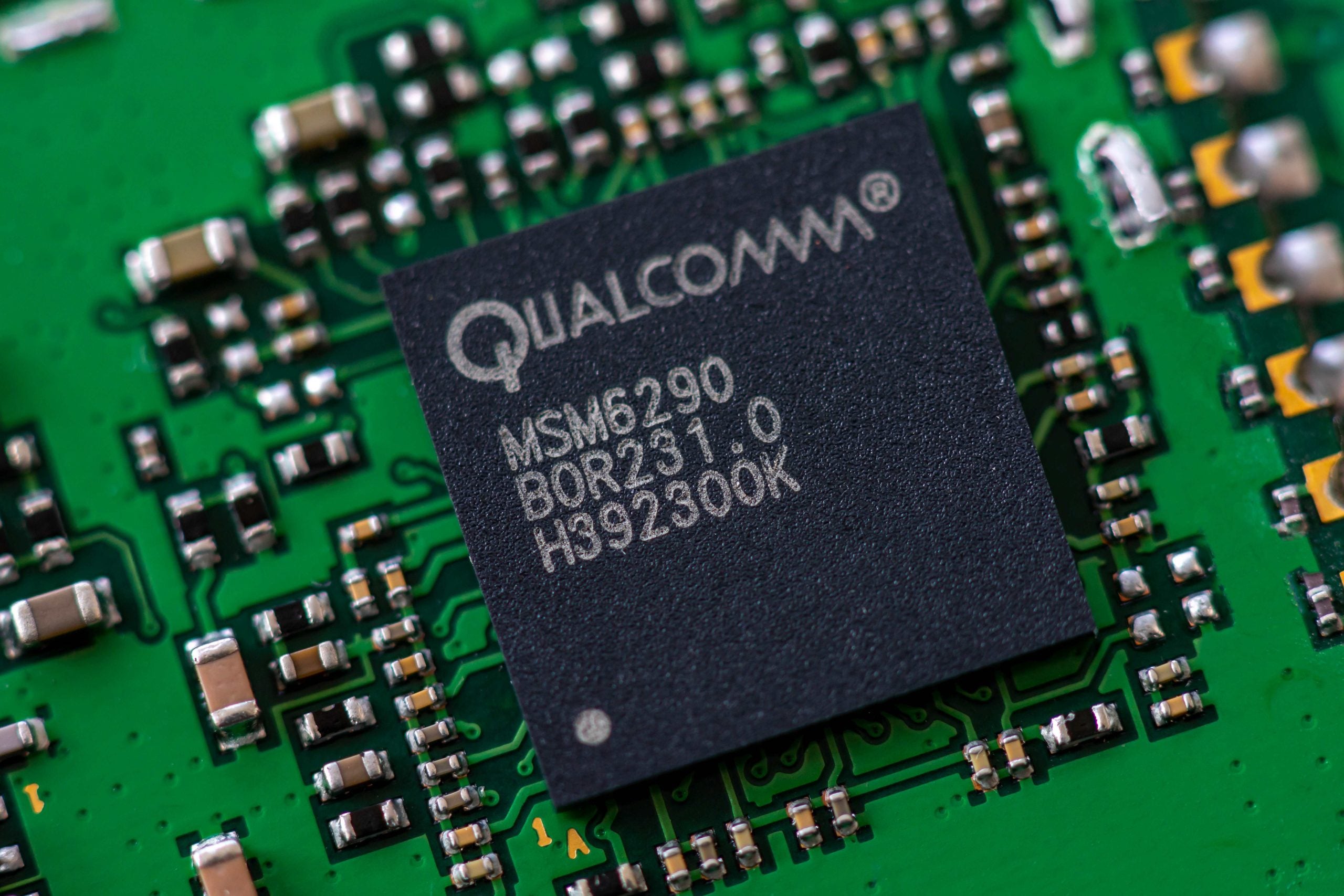
Semiconductor manufacturer Qualcomm announced on Tuesday (17 Oct) that it is collaborating with Google to produce wearable technology using RISC-V chips.
RISC-V, or ‘risk five,’ is an open-source instruction set architecture used to develop custom processors. Known for its flexibility and cost-effectiveness, RISC-V can be used in smartphones or advanced processors for artificial intelligence (AI).
Unlike proprietary technologies, RISC-V is open-source, meaning that it is freely available for anyone to use, modify, and build upon.
Earlier this month, US lawmakers put pressure on President Joe Biden’s administration to place restrictions on US companies working on open-source chip technology regularly used in China.
The move marks a new step in the US-China tech war and another potential blow to cross-border collaboration in the tech industry.
Wearable Tech
Data from research firm GlobalData’s ‘Wearable Tech report‘ found that patent filings for wearable tech dropped by nearly 25% in 2022 compared to the previous year, as the number of filings from top patent offices in the US, China, Europe, South Korea, and Japan declined due to uncertain economic conditions.
How well do you really know your competitors?
Access the most comprehensive Company Profiles on the market, powered by GlobalData. Save hours of research. Gain competitive edge.

Thank you!
Your download email will arrive shortly
Not ready to buy yet? Download a free sample
We are confident about the unique quality of our Company Profiles. However, we want you to make the most beneficial decision for your business, so we offer a free sample that you can download by submitting the below form
By GlobalDataDespite this, the industry will reach $290.6bn by 2030, expanding at a compound annual growth rate of 14.3% between 2022 and 2030, according to GlobalData forecasts.
Qualcomm’s recent partnerships
In September, Apple extended its chip supply agreement with Qualcomm for three more years, indicating Apple’s efforts to become self-sufficient in chip technology are lagging.
The agreement, signed in 2019, came at the end of a protracted legal battle over royalties on Qualcomm’s chip technology and was one of the biggest legal battles the telecoms industry had seen.
Apple objected to this “abusive licensing model”, refusing to pay the fees since 2017 on the grounds that they were anti-competitive, with Qualcomm in turn accusing Apple of stealing its intellectual property.
In a statement, Qualcomm said it would “supply Snapdragon 5G Modem‑RF Systems for smartphone launches in 2024, 2025 and 2026.”
In August 2023, Qualcomm Technologies, Nordic Semiconductor, NXP Semiconductors, Robert Bosch and Infineon Technologies announced plans to set up a new company to promote the adoption of RISC-V.







